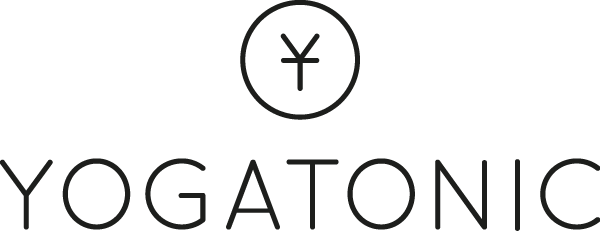SUPERFOOD Kolumne: Kiwi *SUPERFOOD column: Kiwi*
Bereits mit einer großen Kiwi kann der Tagesbedarf eines Erwachsenen an Vitamin C gedeckt werden: 80 bis 120 mg des Vitamins stecken in 100 Gramm Kiwi.
Hinzu kommen E- und B-Vitamine sowie die Mineralstoffe Magnesium, Phosphor, Kalium, Kalzium und Eisen. Außerdem stecken wertvolle Ballaststoffe und Omega-3-Fettsäuren im Fruchtfleisch sowie Antioxidantien in der Schale. Gleichzeitig beinhaltet eine Kiwi nur etwa 43 Kilokalorien.
In dieser Obstsorte ist außerdem das Enzym Actinin enthalten, das zur Spaltung von Eiweiß führt. Kiwis sollten daher nicht in rohem Zustand mit Milchprodukten vermischt werden, da diese sonst einen bitteren Geschmack annehmen.
Ich mag Kiwi, nur nicht in Kombination mit Milchprodukten. Manchmal esse ich eine Kiwi zum Frühstück, wie andere ein Frühstücksei morgens löffeln.
*An adult's daily demand for vitamin C can be met with a single large Kiwi: 80 to 120 mg of this vitamin can be found in 100g of kiwi. Furthermore, there are E- and B- vitamins as well as the minerals magnesium, phosphorus, potassium, calcium and iron. Then there are precious fibres and Omega-3 fatty acids in the pulp, as well as antioxidants in the peel. Simultaneously, a kiwi only contains about 43 kilocalories.
In this sort of fruit you can also find the enzyme actinin (actinidin gibts meines wissens nicht) which causes the fission of proteins. Kiwis therefore shouldn't be mixed with milk products when they are raw since this will give them a bitter taste.
I like kiwis, just not combined with milk products. Sometimes I have them for breakfast, just like others spoon up an egg.*

